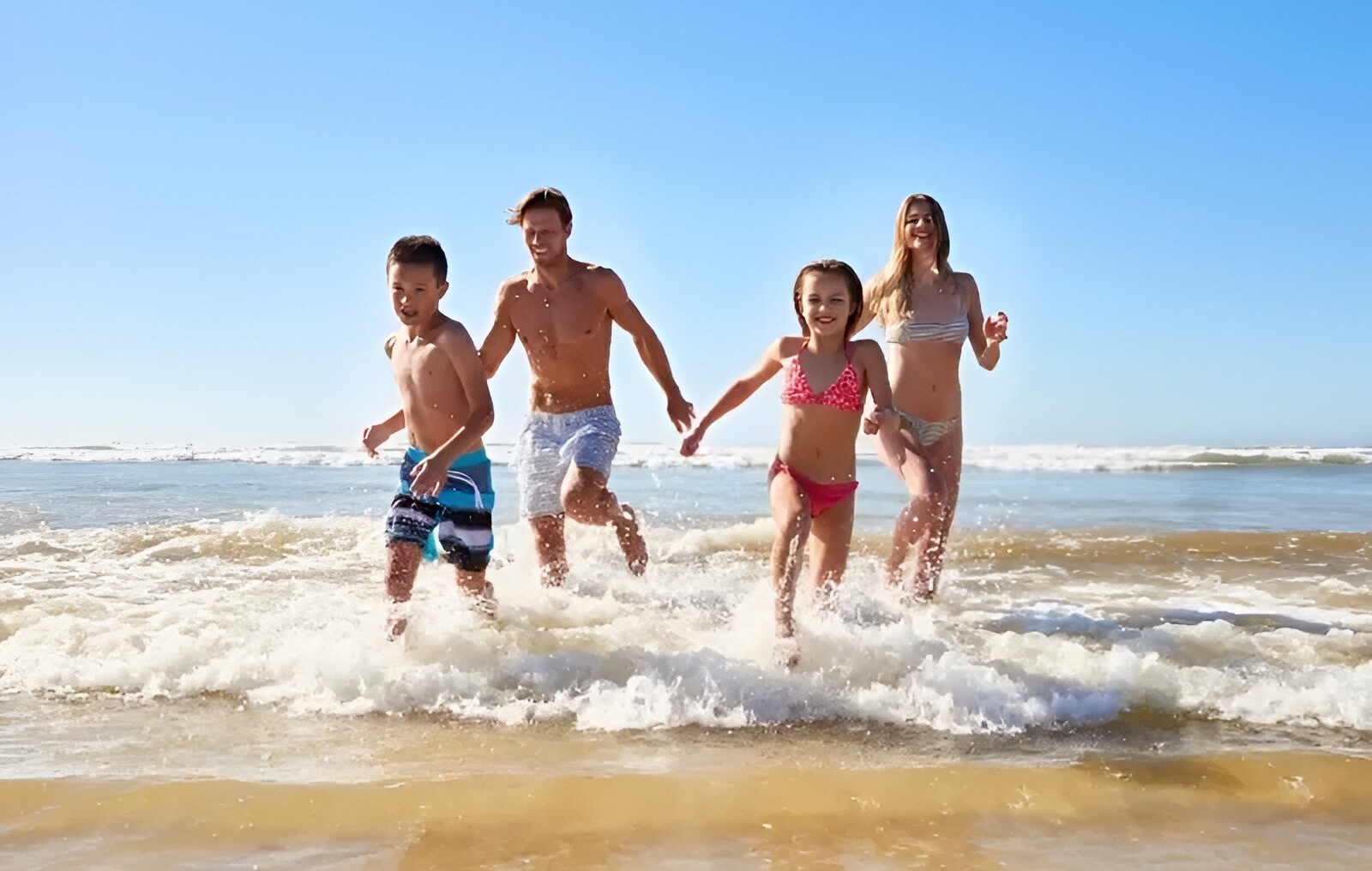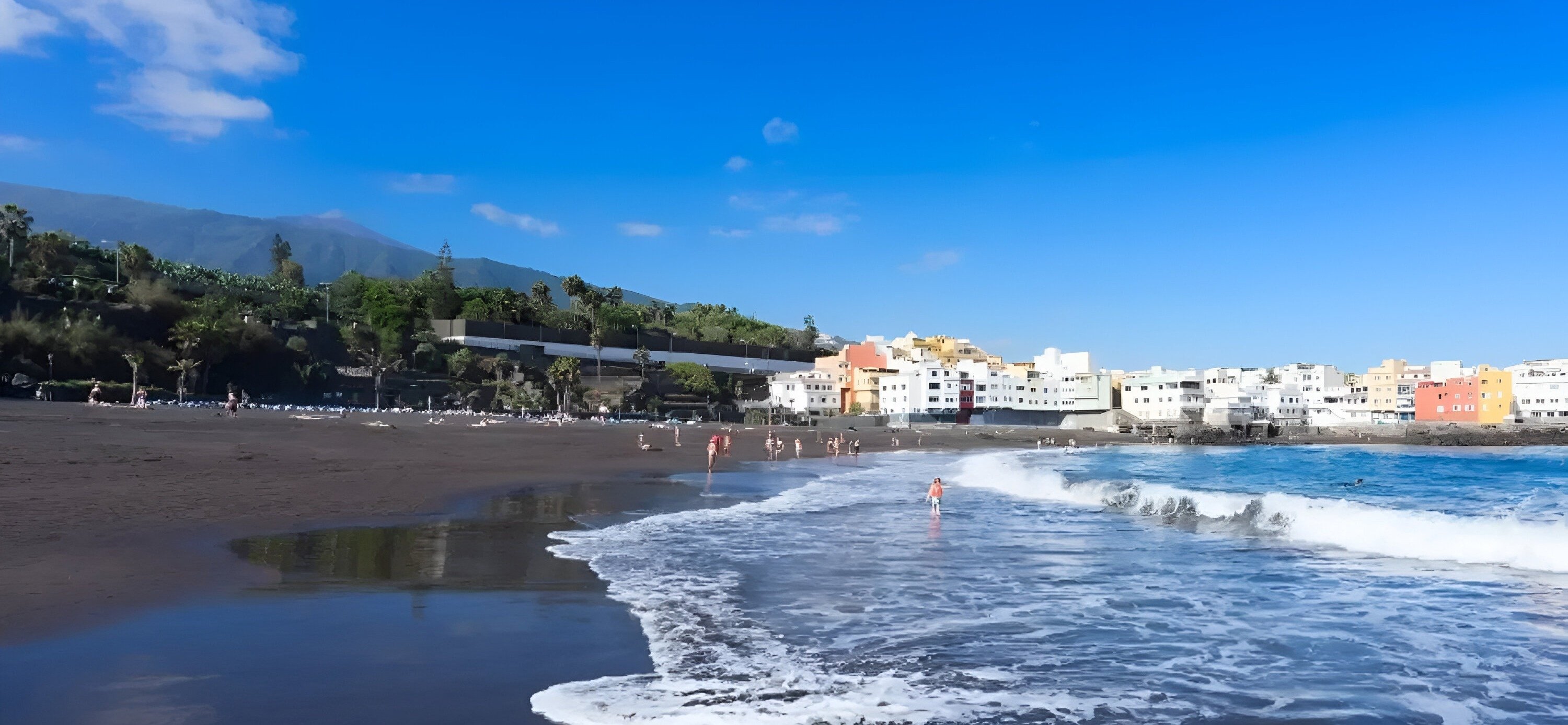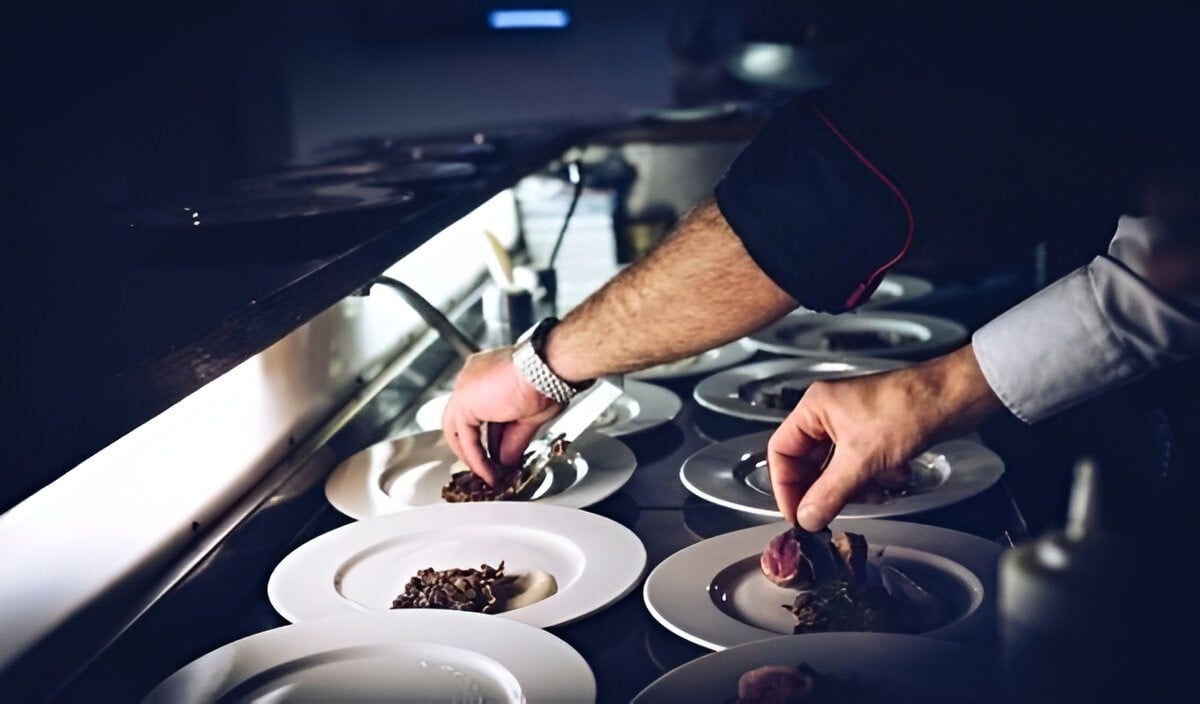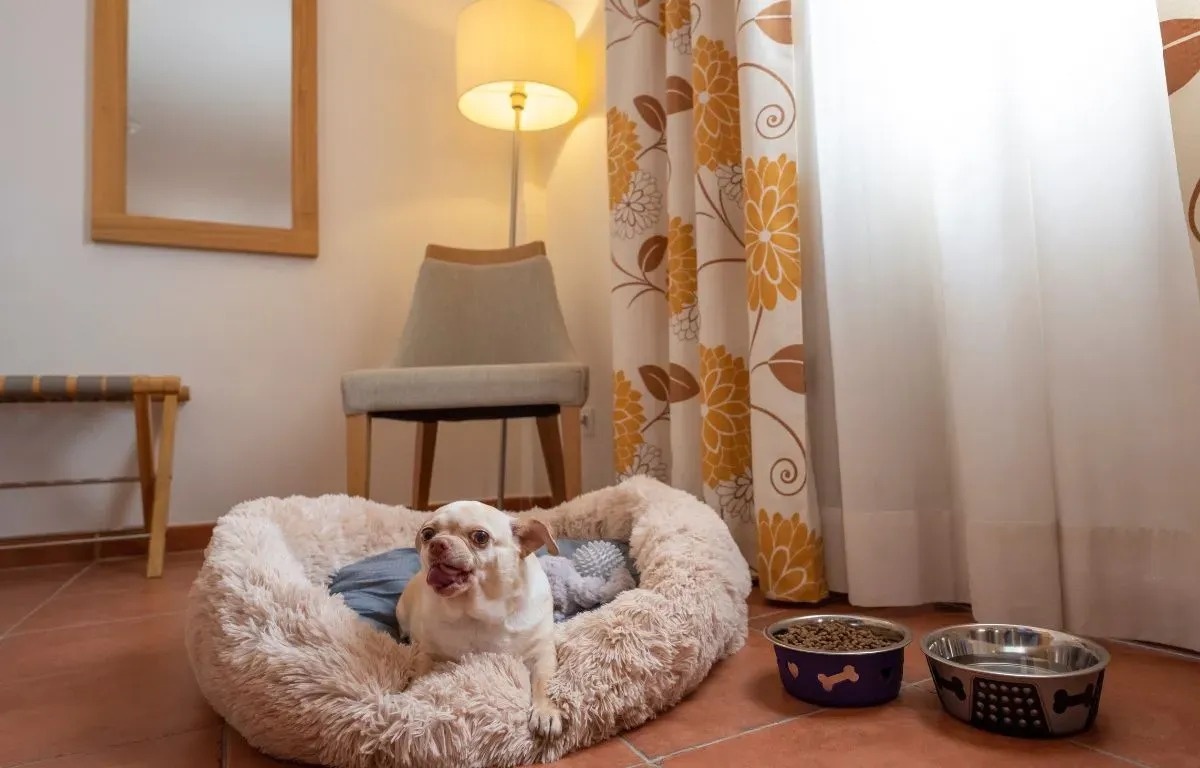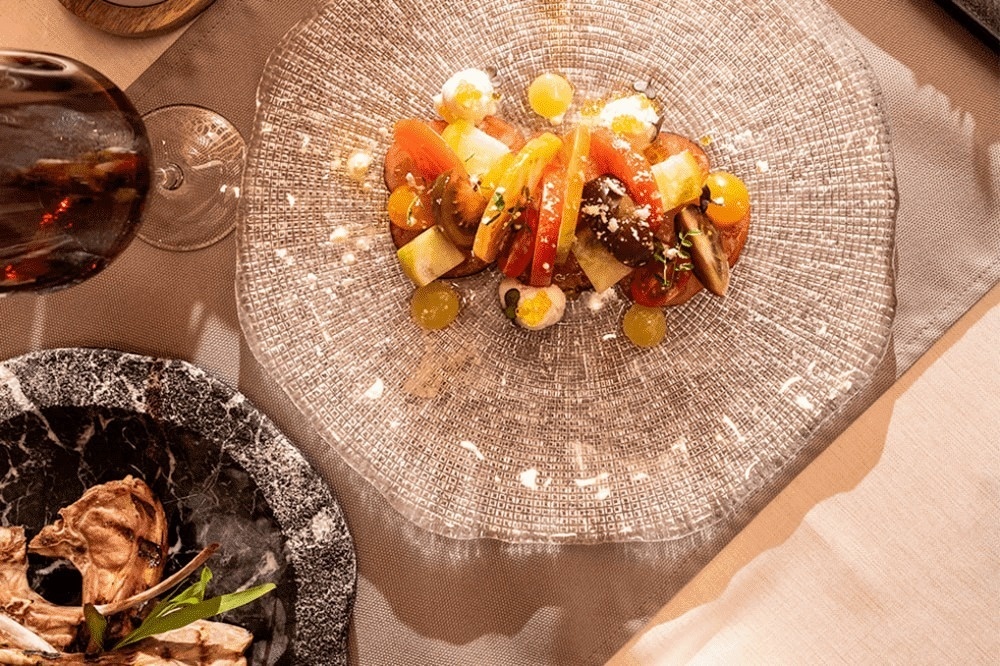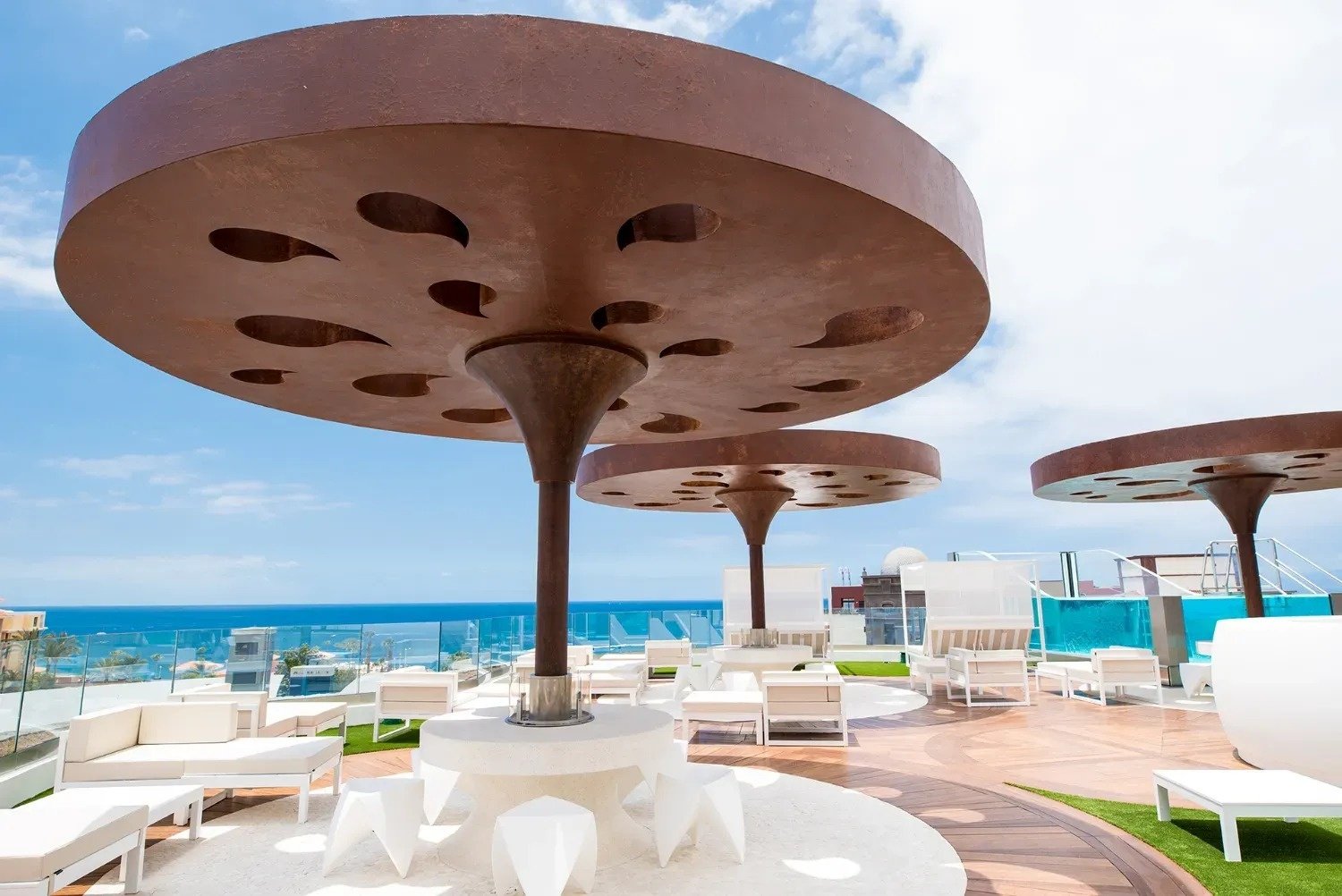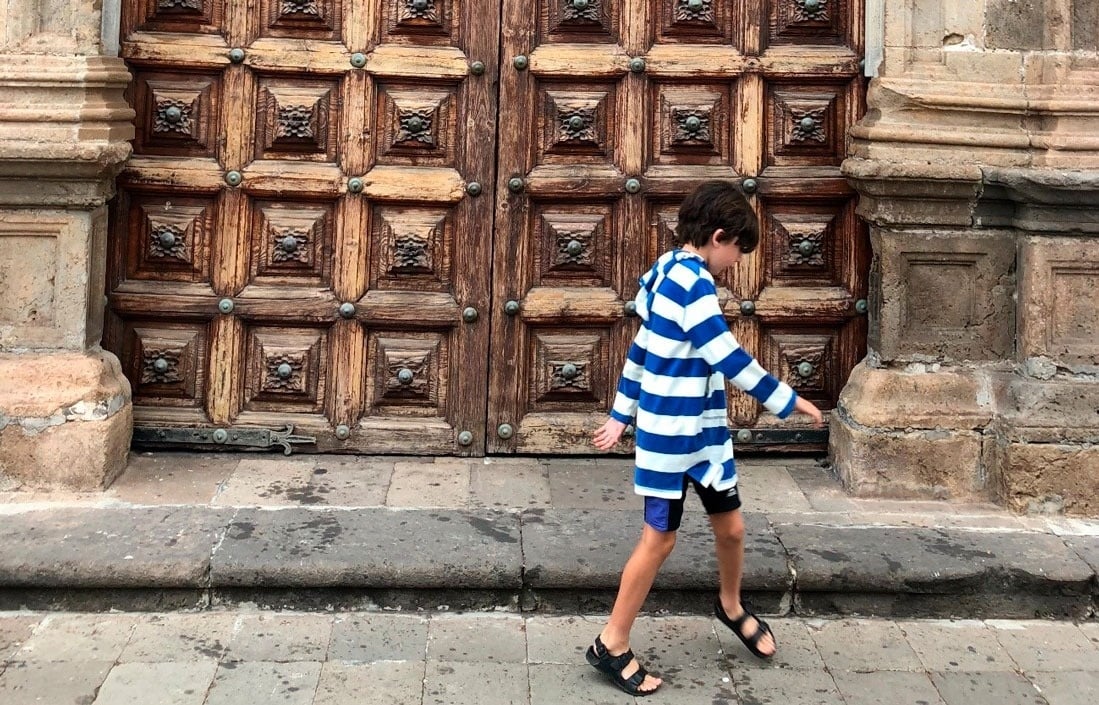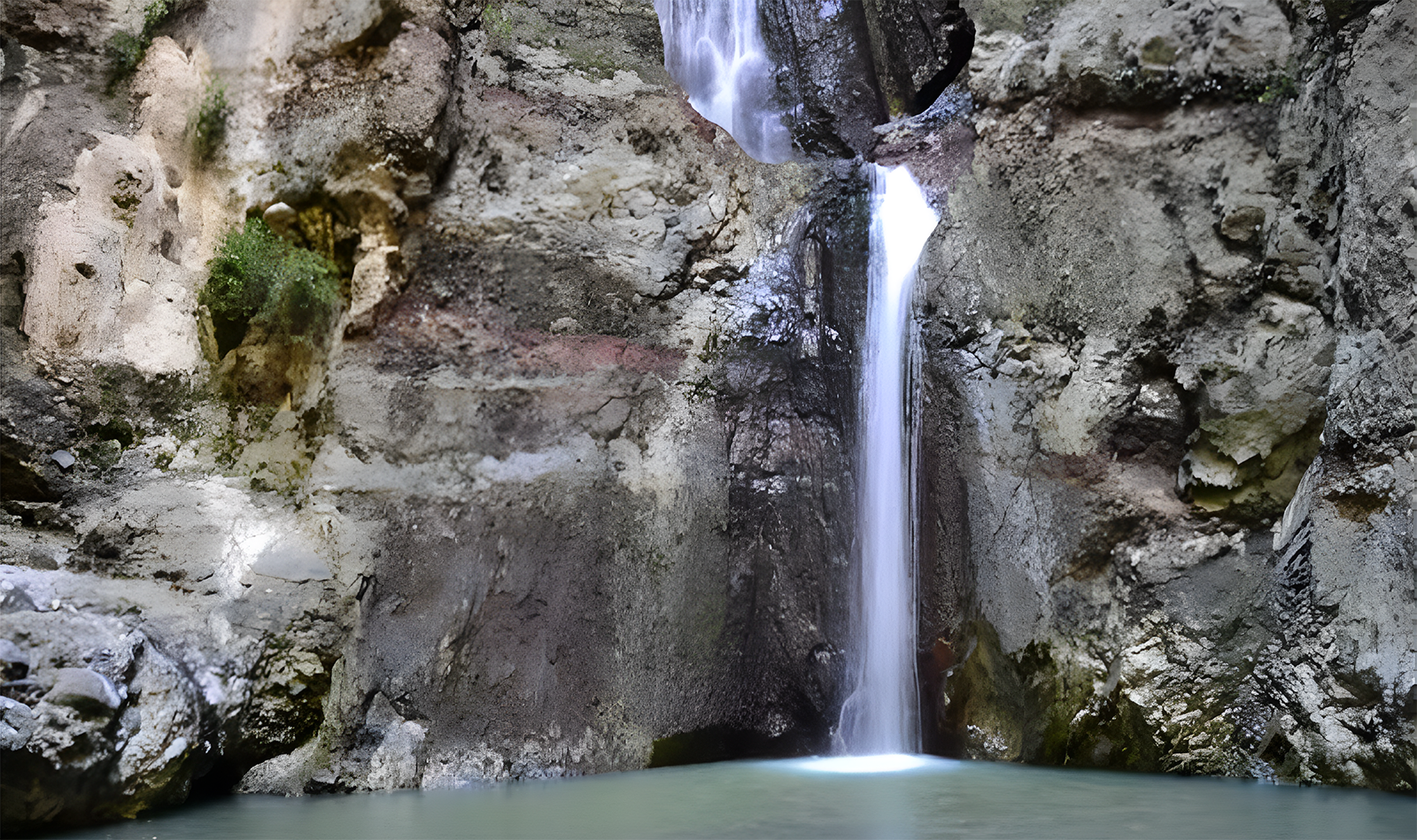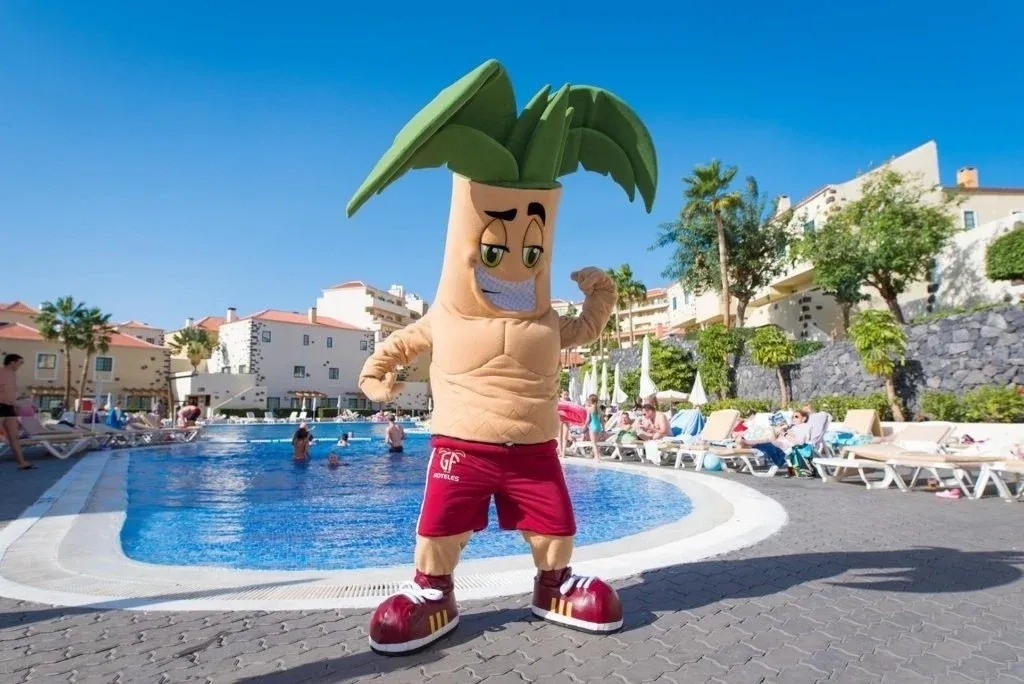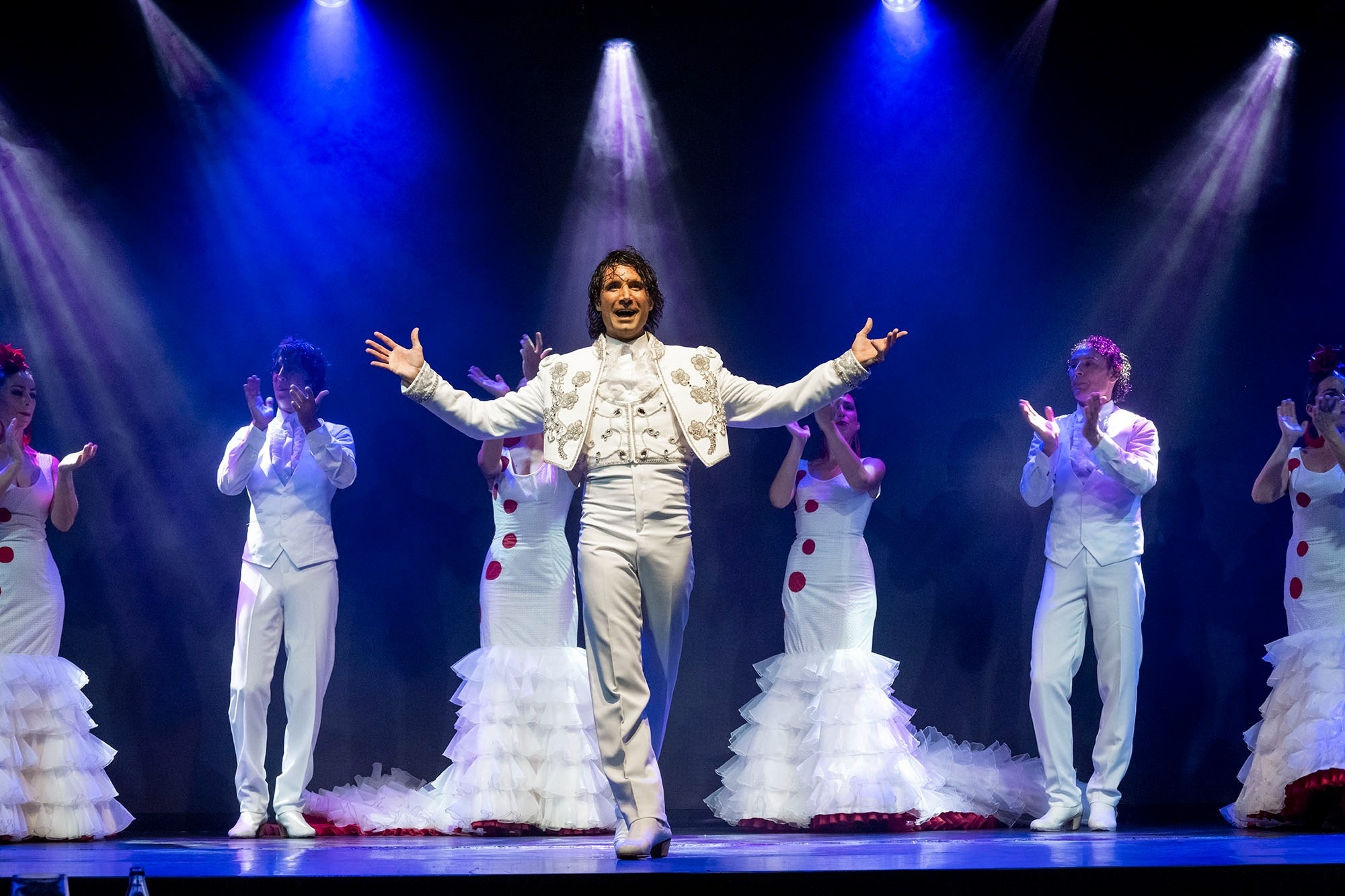Curious Canarian expressions that you should know if you travel to Tenerife
At GF Hoteles, we can help you to understand some of these Canarian expressions through which you can understand the culture, idiosyncrasy and kindness that characterizes the Canaries.
The Canary Islands is a place that stands out for its stunning beaches, natural landscapes and many other charms. One of them, perhaps the most important, is its people; they welcome travellers as if they were another Canarian, willing to offer help and making them feel at home, thanks to their warmth and kindness.
For this reason, despite speaking Spanish, if you come from another country or another part of Spain, you may be surprised by their accent and the particular Canarian expressions they often use.
At first, you may not understand the meaning of many of them. Generally, they are words or expressions introduced into the Canarian culture from old Castilian, from words from countries on the other side of the Atlantic such as Cuba, Venezuela or the Dominican Republic, or acquired following the relationship of the Canary Islands with British culture; countries that, historically, have had a great influence on the islands.
So important is this topic in the archipelago that these expressions or words have been gathered on the website: Academia Canaria de la Lengua; here you will find a long list of related publications and you can consult the meaning of many of these words, in addition to the history that each one is hiding.
Curious Canarian expressions that you should know if you travel to Tenerife:
Typical Canarian expressions:
One of the most famous and quaint expressions of the Canarian lexicon is the word guagua. It means bus and its origin is not certain. The discussion has created some controversy and there are two possible explanations: the first and most convincing, mentions Esteban Pichardo, lexicographer and Cuban geographer, who recorded this word as early as the nineteenth century as a phonetic adaptation of the English word waggon, which means carriage. On the other hand, there is talk of adapting the name from the first buses exported from Cuba to the islands that were from the Wa & Wa Co. Inc. (Washington, Walton, and Company Incorporated). They said guagua as an imitation of the acronym of this company.
Expresiones canarias GF Hoteles Guagua autobús
Classics Canarian expressions:
The word cotufa, in addition to being charming and causing instant smiles, is another essential for those who visit the islands and want to find out some Canarian expressions. When the Canarians go to the movies, they don’t eat popcorn, they eat cotufas, especially in the western islands (Tenerife, La Gomera, La Palma and El Hierro). The origin of the word goes back to English: popcorn, before being cooked, is nothing but corn to fry; although corn in the Canary Islands is Millo, a word of Portuguese origin. The curious thing about this word is that in the other half of the archipelago (Lanzarote, Fuerteventura and Gran Canaria), popcorn is roscas.
The papa is another of the most curious and famous, with a story behind it. It means potato. Some varieties of Canarian potato have names that derive from the English. One of them is the autodate potato, a variety whose name comes from the English “out of date”. Even more fun is the case of the quinegua potatoes or chinegua potatoes, which arrived in the Canary Islands from England during the reign of King Edward VI. His name, in English, King Edward, is the one that was used until it became the current one.
Another Canarian food with English origin is the queque, a word that in the Canary Islands is used for all kinds of biscuits, and that derives from the English “cake”.
If we move away from the most well-known and extended terms, we can mention a series of Canarian words or expressions that are widely used in everyday life.
Canarian expressions for the day to day:
When a Canarian wants to express surprise, he uses two expressions: ños and chos in the form of an onomatopoeia. To express that he does not like something, he rejects it with an onomatopoeic fos. There are also other expressions that have different meanings. It is the example of the word “chacho”. It is the abbreviation of the word “boy” and is usually associated with surprise, wake-up call, disgust or anger.
If you come on holiday or are going to spend a long period of time in Tenerife and want to sound like a real Canarian, don’t forget to use these expressions sometime: a fisco or a pisco to refer to “a little” of something, hace pelete when you want to say “it’s cold”, to have jilorio instead of “to be hungry” or se me fue el baifo, when you make a mistake.
Now you have the beginnings of the most typical Canarian expressions, and you can start to enjoy your free time on this wonderful island. Sunbathing, relaxing, visiting the most beautiful places or simply resting.
And you know, if you go to the beach or the pool, don’t forget the cholas (flip flops for the most cosmopolitan).
